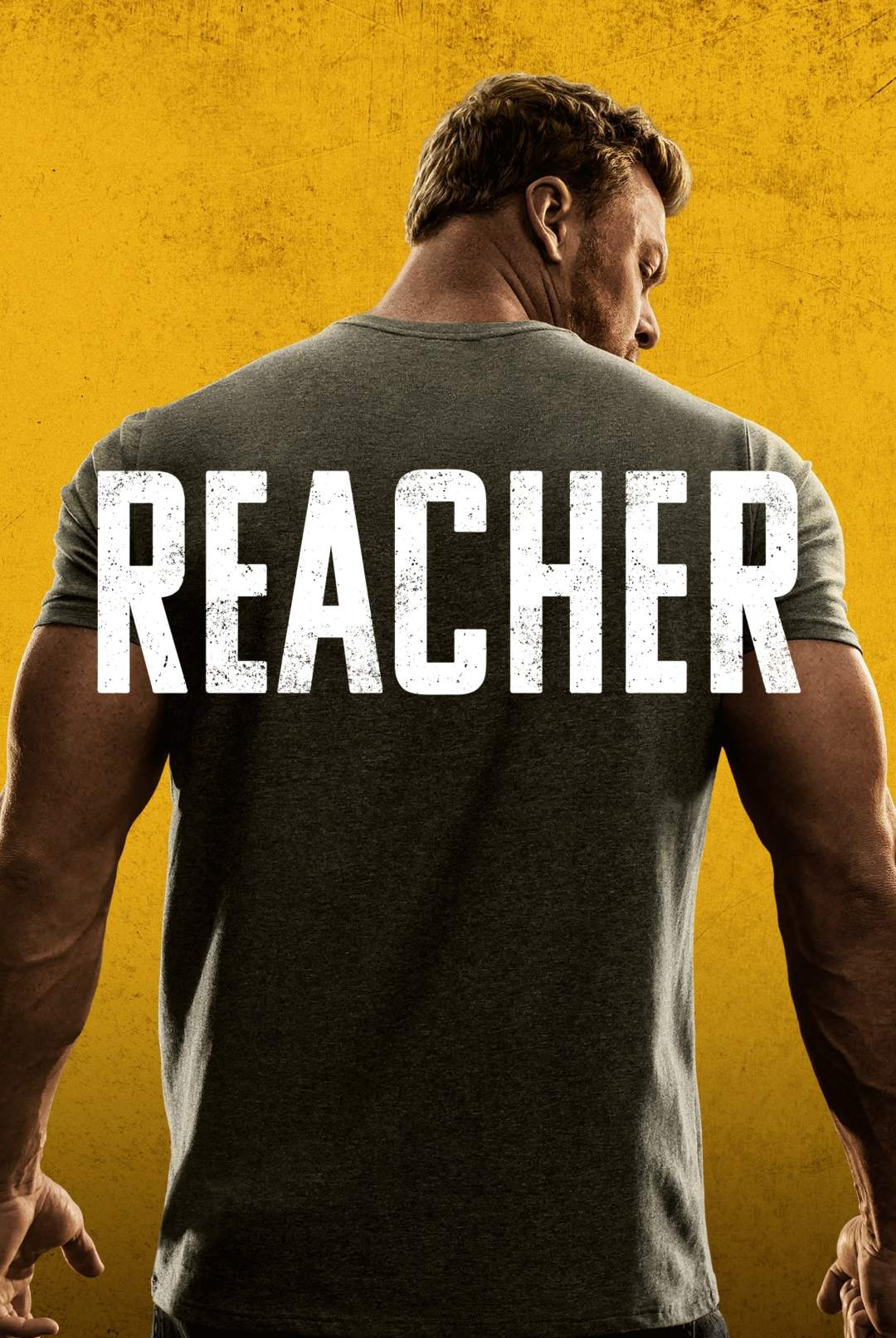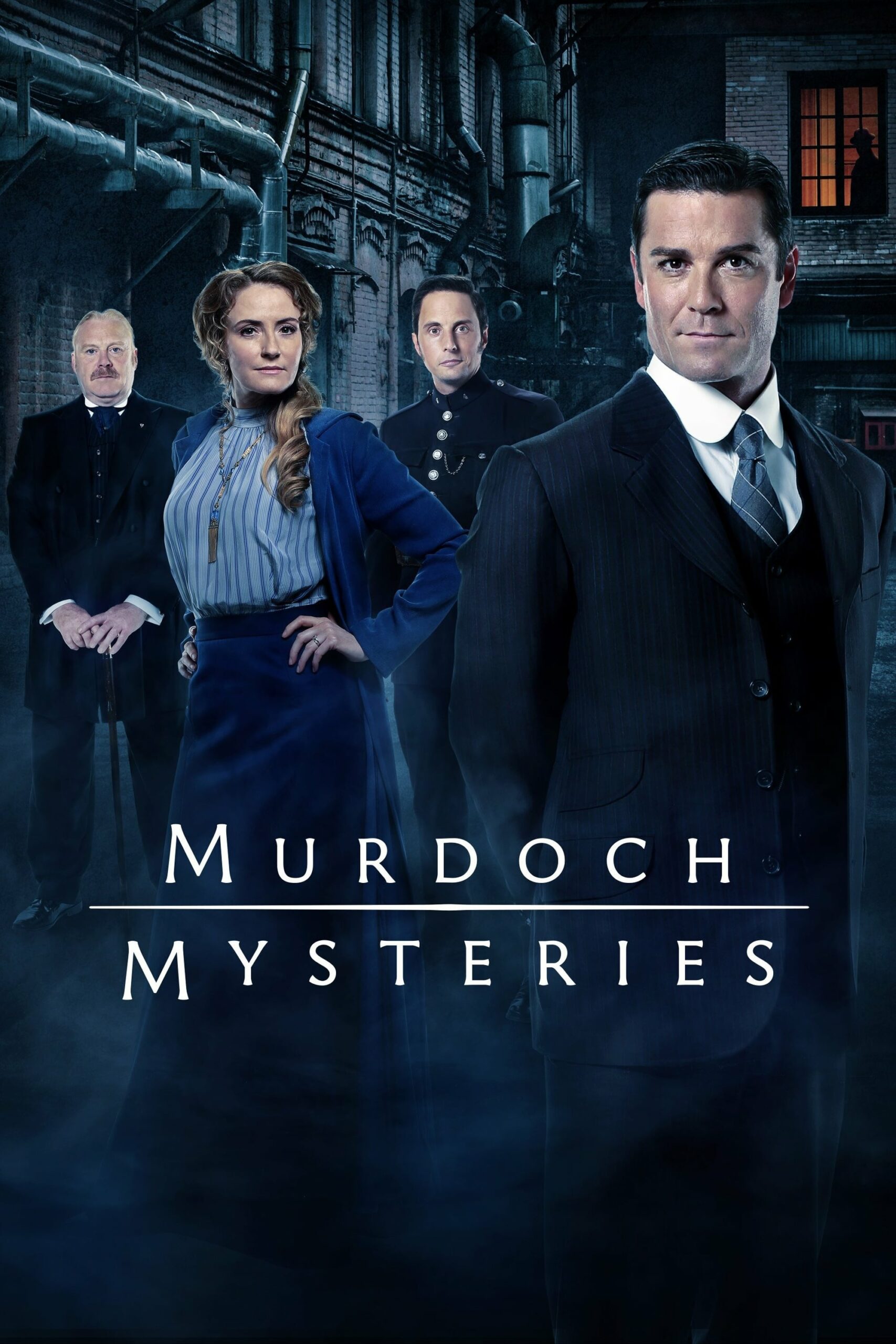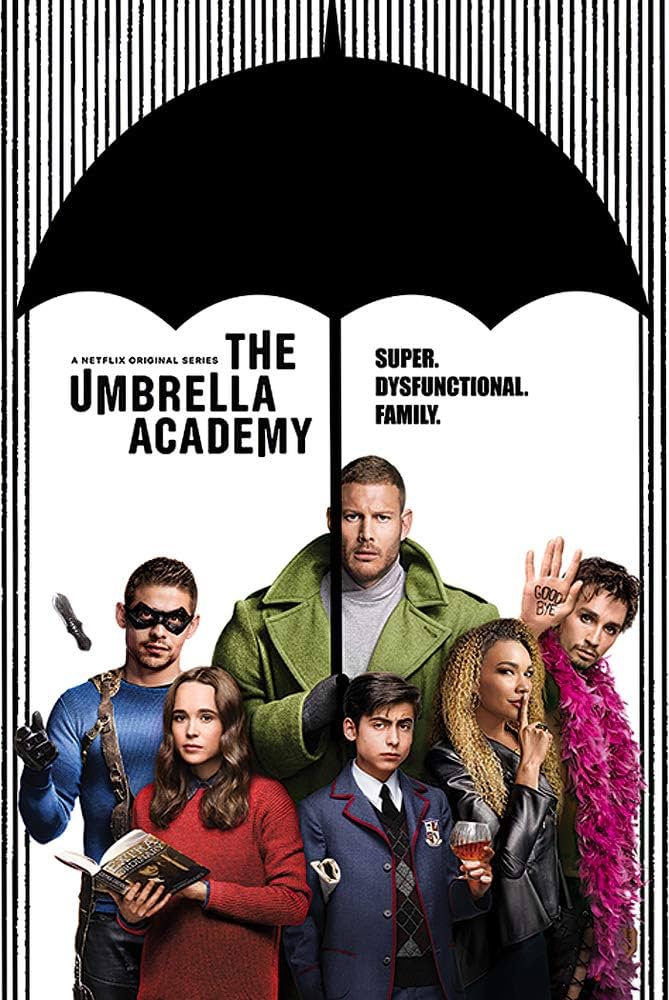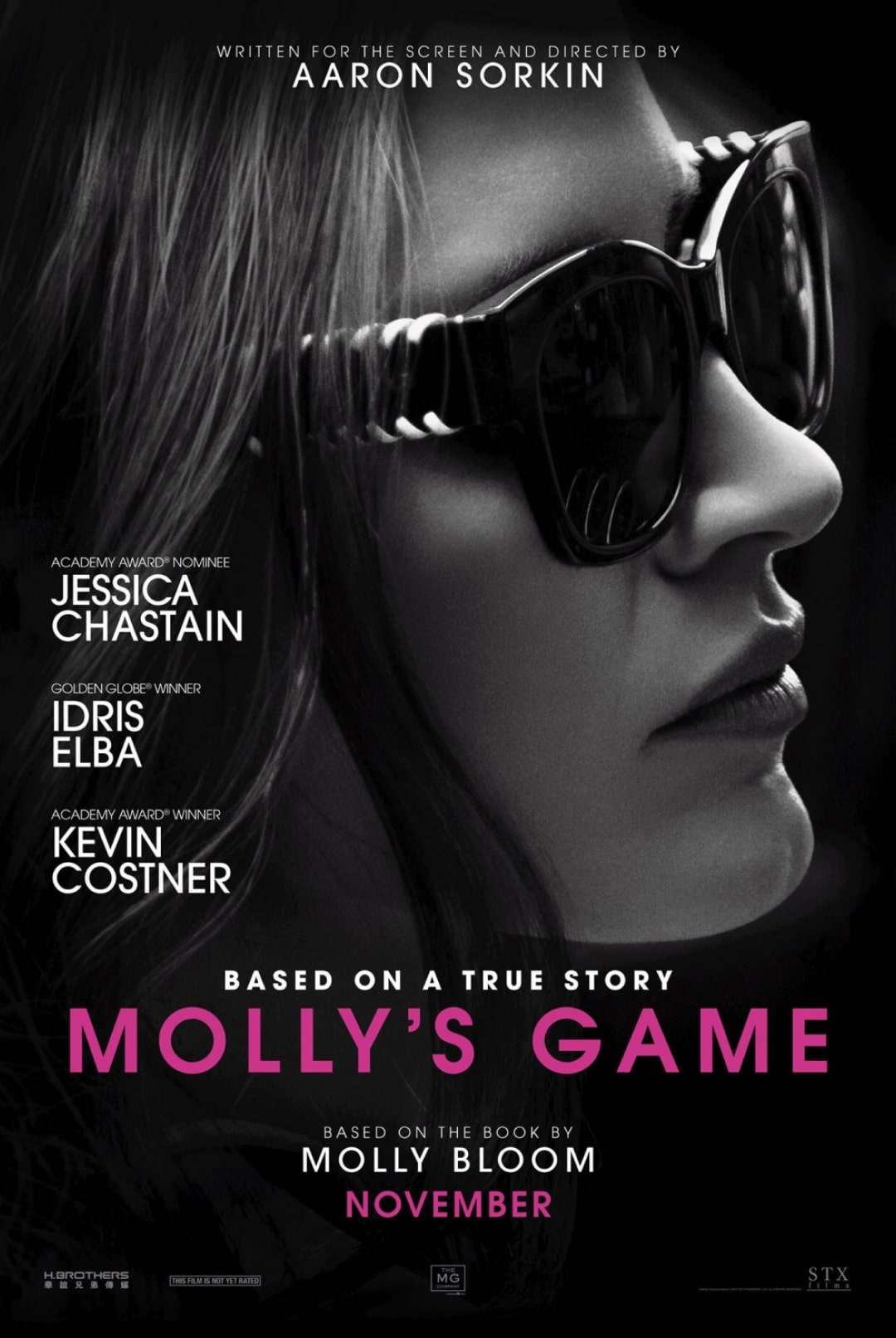Acting for Film, TV and the Theatre Diploma Program
Working actors will teach you the skills to perform professionally on screen or on stage.
Program
New Term Starts Soon
Acting Program Description
Learn Acting From Working Actors
Get ready to nail auditions. Master powerful acting techniques, including the Stanislavski Method, for the camera and on stage. Become proficient in the artistic, technical and business aspects of the industry.
Network with accomplished actors, agents and industry experts. Graduate with a strong demo reel and eligible for your first membership credit in ACTRA.
Career Outcomes for Acting Graduates
Film & Television Actor
Theatre Actor
Voice-over Artist (tv, film, radio, video games)
Screenwriter
Filmmaker
Casting Director
Talent Agent
Acting Instructor
Faculty
Testimonials
Our Grads in the Credits
Agencies that represent our ACting Grads
Acting Courses
Our Acting Courses by Term
Term 1
Acting 1
ACB110
Welcome to acting. This is your introduction to a new community where you’ll learn the personal and group dynamics of working with your peers. Techniques and concepts include: warm-ups, risk-taking, awareness/journaling, monologues and improvisation. The course also introduces actors to the techniques used throughout the program: essential Stanislavski, Michael Shurtleff, Sandford Meisner and Uta Hagen. Throughout, you will build your toolbox and develop your skills via several acting disciplines.
Voice 1
ACB120
Voice work lets you create transparency for emotions, intentions, words, desires and images. Let your voice be heard as you explore techniques for approaching the written word, including the Linklater Technique Warm-up.
Movement 1
ACB130
The body is your primary instrument of expression. This course focuses on various exercises to free the body and allow it to respond to its natural impulse to move. This is your safe-space to take risks in a non-performance, non judgmental atmosphere. Ongoing reference to the Alexander Technique is a program element.
Camera Acting 1
ACB140
In this first course of the Camera Acting sequence, you will work with fully blocked feature film monologues and scenes, performing in wide shot, medium shot, and close-up. Knowing how to “work the frame” and adapt to different camera shots will give you a competitive edge at auditions, ultimately increasing the likelihood that your work will end up in the final edit.
Performance History 1
ACC110
Actors have inherited a rich and noble tradition. This course traces the development of performance genres from religious ritual through the humanistic movement of the Renaissance and up to the innovations of Restoration Drama.
Film History 1
FPC120
Explore the history of the cinema from humble beginnings in 1895 to present day. Focusing on North American cinema, with some European study, you will learn about the masters of cinema, film’s various genres and techniques, as well as how the social environment directly impacts film.
Term 2
Acting 2
ACB210
Take center stage. Expand on your monologue work from the previous term and integrate them in both contemporary and classical scenes. Develop your work in terms of the personal, the character and ensemble/group dynamics, while maintaining professional industry standards. Technique and concept areas are introduced including: warm-ups, risk-taking, listening, research, script analysis, character work, improvisations and storytelling. In addition, you will be asked to live and breathe acting as you prepare outside the studio.
Voice 2
ACB220
You will be amazed at the things you can do to your voice. Master your greatest instrument through breath connection, as well as exercises for the tongue, lips, soft palate and rib areas. This course will also help you uncover personal connections to Shakespearean text.
Movement 2
ACB230
A character isn’t only created through the voice. Here you will continue to develop character through movement, emphasizing the physical manifestations of psychological considerations. This course introduces a comprehensive process for creating a character and techniques that help you perceive their inner world.
Camera Acting 2
ACB240
Reveal the complexities of interaction, manifest the arc of each scene, and deal with the fractured jigsaw puzzle of cinematic construction. Find your spotlight as you perform television scenes (sitcoms and drama) fully blocked and shot in a master shot with coverage.
Performance History 2
ACC120
Explore 20th century issues and idioms, and how a rapid shift in social, political and technological dynamics profoundly affected and redefined trends in performance. You will examine the establishment of a range of “isms” which create conflicting concepts of the purpose of performance in a societal context. And you will be challenged to define your ethics and identity as a contemporary actor and creative artist.
Writing for Actors
ACT110
This course introduces dramatic structure, the language and economy of script format, and the film storyboard. Explore the strengths and constraints of working in a visual medium, and ultimately you’ll get to perform your first scripts live.
Term 3
Acting 3
ACB310
It is essential for actors to learn how to relate one scene to another in order to create a sustained character journey throughout the script. In this course, you will work on brief scenes from a full-length script, playing the same character in each scene and developing strategies for constructing a cohesive arc of development.
Voice 3
ACB320
Broaden your range and learn to mould your voice for any role through various accents and dialects. This course emphasizes dialect acquisition, with vigorous physical and vocal warm-ups incorporated into each session.
Movement 3: Clown & Physical Theatre
ACB330
Develop your performance through physicality. Working in the tradition of clown and bouffon, you will be challenged to take risks, hone your improvisational skills and push through performance inhibitions to find the pleasure of being present via techniques related to space, rhythm, fixed point, complicity, focus, flop and play.
Camera Acting 3
ACB340
In this course, you are given several scenes from a feature film in which to play the same character – but shot out of sequence. By understanding character changes and the relationship from scene to scene, you will learn how to organize your acting processes to create a truthful character journey and develop an understanding of working in a non-sequential shooting format. The payoff? You will gain objective experience by watching your performance in a final edited film.
Producing and Directing for Acting 1
ACF310
Take on the role of the director as you get exposed to the issues that govern a shoot and its performers. Experience hands-on collaboration with major on-set departments, including camera, sound and continuity, all from the director’s point-of-view.
Term 4
Acting 4: Improvisation & Musical Improv
ACB410
Improvisation is the basic approach to all authentic dramatic performance. This essential skill is your ticket to booking commercials, television, film and even stage. In this course, you will create original scenes, sketches and songs through improvisation, culminating in a final showcase.
Voiceover
ACB420
Not all acting requires a physical performance. Learn how to apply dynamic control to a range of voiceover disciplines, including television and radio commercials, animation, documentary and corporate video narration.
Movement 4: Ensemble Movement & Stage Combat
ACB431
Your ability to move tells a story onstage. Though text will be utilized, this course centers on learning various movement and dance techniques to create original work as an ensemble.
Auditioning for Camera
ACB440
Auditioning is an essential skill for landing an opportunity to work in the film and television industry. In this course, you will experience practical auditions for film and television, learning how to prepare for auditions, how to confidently demonstrate professional attitude and decorum, and how to follow industry protocols.
Advanced Writing for Actors
ACF320
You’ve learned the basics of scriptwriting; now let’s use those skills to create a viable short film. Step by step, you will be introduced to script formatting via industry screenwriting software – interior/exterior, dialogue breaks, action, mise-en-scene, etc. Equip yourself with the proper technique to write screenplays from scratch, with the intention to produce the script in Term 6.
Term 5
Video Editing 1
ACF513
Understanding editing and how your performance can be cut together is a great asset for an actor. Expand your knowledge with video editing theories and techniques, including editing software – a valuable tool to create your own performance demo reel.
Live Performance
ACT511
It is essential for actors to understand how a live event is put together – from the preparation of a rehearsal script to text and character analysis to staging rehearsals and eventually to run-throughs of scenes, acts and ultimately the whole play. This course prepares you to create, rehearse and perform a full-length ensemble performance culminating in three presentations in front of a live audience.
Producing and Directing for Acting 2: Pre-Production
ACF412
This is your chance to step behind the camera as you take on the roles of a producer and director prior to production. You will learn the realities of pre-production by pitching your short film script (from ACF320) to a panel. In assembling a pre-production package, you will learn to budget, location scout, audition, cast and rehearse performers, as well as create a storyboard/shot list and assemble a crew for a short film.
Term 6
Short Film Production
ACF610
Gain hands-on experience producing, directing and starring in your own scripted short films, scenes, and/or monologues. Here, short films will be produced with students being expected to contribute to each other’s projects. You will refine your skills in camera acting, directing, lighting, camera operation, sound recording, shot list/storyboarding and all facets of post-production. Your work here culminates in a final screening event in which select projects will be presented.
Self Tape Production
ACF612
Present-day auditioning has expanded far beyond in-room auditions. Today’s actors are expected to be prepared and equipped to create a professionally produced self-tape audition submitted electronically to talent agents and casting directors. You will learn behind-camera self-tape techniques (reading, camera operating, gaffing, etc.) as well as front-of-camera acting techniques to ensure that you are ready for any self-tape call.
Artist Management and the Business of Acting
ACF615
A successful actor manages their own career in an effective and efficient manner. Learn practical approaches to obtaining head shots, writing resumes, approaching an agent, working with casting directors, the activities of professional organizations and unions (ACTRA, EQUITY), self-accounting procedures, as well as the need for further and ongoing artistic training.
Voiceover for Video Games
ACB616
You can be immortalized as an iconic video game character. In this course, expand on previous voiceover knowledge and enter the world of video games by collaborating with game designers. You will work with animation and develop cartoon voices, as well as learn to deliver serials and plays for eBooks and podcasts. The proper looping/ADR (additional dialogue replacement) and dubbing of foreign films to English will also be studied.


The Toronto Film School Blog
Explore the latest industry news, our student success stories, special events, and more.
Admissions
Our Admissions Process Made Easy
1
Complete Toronto Film School’s online application form.
2
Pay the application fee of $150.00.
3
Provide original or notarized translated academic transcripts.
4
Video submission requirements:
- 1-2 minute explanation of who you are (hobbies, interests, past educational experiences, where you live), your personal story, what/who inspired you to get into acting, and why you want to be an acting student at Toronto Film School.
- 1-2 minute continuous English monologue performance from a single character from a play, movie, or TV show.
(Please note a follow-up ZOOM interview and cold read may be required.)
5
Provide a photograph of yourself.
6
Submit a 1-page essay describing your story, why you want to be an actor, and why you would like to study at Toronto Film School.
7
Provide proof of English-language proficiency. (international students only)
8
Provide a copy of your passport. (international students only)
For a more in-depth break-down of the admissions steps, please visit the Requirements page.
Acting for Film, TV and the Theatre Program Tuition
July Rates
Rate per Term
Number of Terms
Total Tuition
Domestic: $6,407
6
Domestic: $39,900
International: $9,771
6
International: $60,847
October Rates
Rate per Term
Number of Terms
Total Tuition
Domestic: $6,619
6
Domestic: $42,125
International: $10,094
6
International: $64,241
Tuition Fees do not include books, expendable supplies, equipment and resources.
FAQ
How do I contact Toronto Film School?
The most effective way to get in touch with us fast is to fill out a Request for Information form so a call with an admissions advisor can be arranged. Or, reach out to us at 1.866.467.0661 or message us on Facebook.
Why should I choose the acting program?
Through our acting school, you will learn the skills to perform live or on screen through a modern and relevant curriculum designed to meet today’s industry expectations. Below are five reasons why you should choose our program. In just 18 months, you will:
1. Learn from working actors.
They bring real-world experience to the classroom. Their insider knowledge will thoroughly prepare you to nail auditions and roles. In fact, our students regularly secure parts before they graduate.
2. Train at our state-of-the-art studio campus on Hollywood equipment.
Our acting program classes are held at our modern 17,000 square foot studio campus in downtown Toronto. The studio is stocked with industry-grade equipment. Your final term will culminate in a capstone project where you will produce, direct and star in your own work.
3. Enjoy networking opportunities and make industry connections.
We understand that building professional relationships is crucial to your success in the creative world.
That’s why this program is jam-packed with networking events and collaborative opportunities.
4. Learn the business.
We’ll demystify the process by equipping you with a solid understanding of the business side of the industry too.
5. Graduate industry ready.
You will graduate confident, connected, and ready in just 18 months—with a demo reel of work that showcases your acting skills to casting agents and directors. You will also be eligible for your first ACTRA membership credit, all you have to do is apply for it.
If you’re ready to start acting, get in touch with us now. Soon, you could be embarking on a thrilling 18-month journey. One that could see you become a fully trained actor.
Does the acting program just teach acting?
You will be taught acting, writing, producing, directing, editing, and more. You’ll learn by doing. As part of your training, you will perform on stage. We host more live theatre performances than any comparable school.
How much does the acting program cost?
For the most up-to-date tuition fees, please visit our Tuition & Payment Options page.
There is a non-refundable application fee of $150
Payment options are available, just reach out to us so we can work something out.
Check out our Bursaries and Financial Aid page.
Lastly, the fine print: Tuition fees do not include books, expendable supplies, equipment and resources. Tuition and fees are subject to change.
How long does the acting program take?
18 months. During your first two terms you can attend class on campus or online. If you choose online, you will learn through virtual live classes. Classes for your remaining terms will be on campus.
Does your acting school have official recognition?
Toronto Film School is a career college regulated by the Government of Ontario’s Ministry of Colleges and Universities. Upon completion of the program, you will graduate with a diploma. Casting Workbook, a leader in casting software, has named us one of the top acting schools in the country.
Are there any opportunities for networking with industry professionals in the acting diploma program?
We keep an open dialogue with the industry on an ongoing basis.
Our instructors are working, accomplished professionals. Leading the way is our school president, Emmy and Golden Globe winner Andrew Barnsley. You will have opportunities to participate in film festivals, attend special screenings and be provided with collaboration opportunities with students from our film, screenwriting and video game animation programs. Our acting program is a fantastic way to forge valuable relationships, ones that can shape your future career.
Where are you located?
We have three downtown campuses located in the very heart of Toronto. You can learn more about our campuses here. The campus is within walking distance to the TTC (both subway and bus stops), shops, restaurants, banks and the world-famous Toronto Eaton Centre.
What is the acting campus like?
Our studio campus at 460 Yonge St provides acting students with a dedicated acting studio. There are also four additional studios, classrooms, and student lounge. The equipment room is stocked with the latest Hollywood-grade cameras and lighting gear.
What are the criteria for passing your acting program?
You must complete 1512 hours. You must have a 1.7 Cumulative Grade Point Average (CGPA) in the 4.3 scale or better. Any course with a grade W or F must be retaken in order to graduate.
What are the benefits of becoming an actor?
It’s an exciting career path. As an actor, you can create, collaborate and see your ideas come to life on stage or on screen. Here’s what some of our graduates have to say:
“I love making people laugh, and I also love promoting positivity and self-worth, and I’m fortunate to be able to do that through my characters and the films I create.”
Orville Cummings
Acting for Film, TV and the Theatre ’16
Orville played Lieutenant Christopher on Star Trek: Discovery.
“Take risks, have fun. Don’t be afraid to fail and trust yourself. That’s what Toronto Film School taught me.”
Michala Brasseur
Acting for Film, TV and the Theatre ’16
Michala played “Pam” in Shoresy, “Caitlyn” in The Handmaid’s Tale
Is financial aid available for the acting diploma program?
Yes. There are tuition, bursaries and financial aid programs available for those who qualify. To learn more, visit our financial aid page.




















